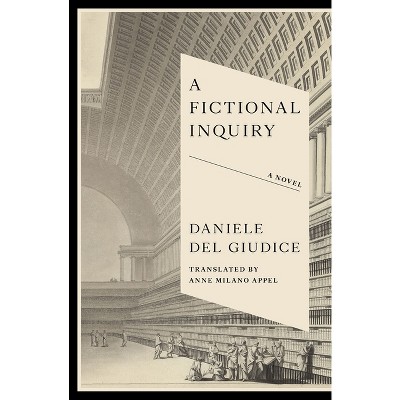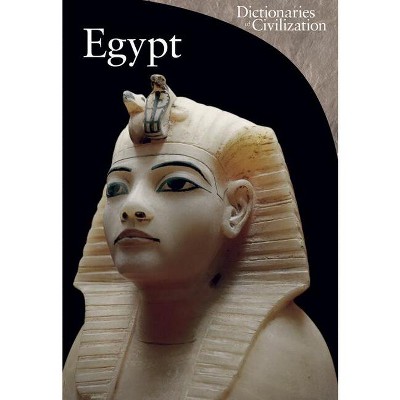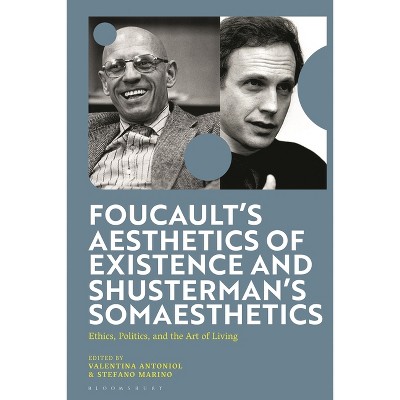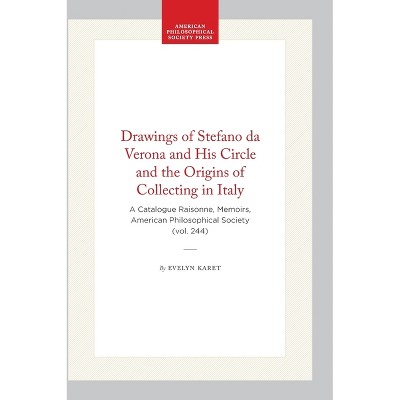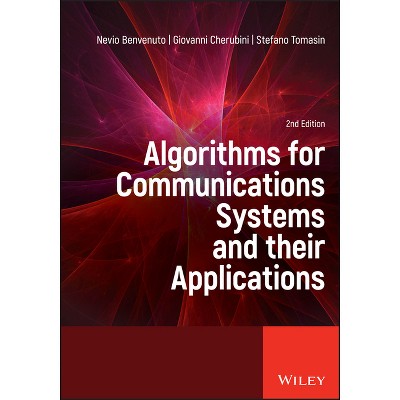$39.95 when purchased online
Target Online store #3991
About this item
Highlights
- What roles do imaginary games have in story-telling?
- About the Author: Stefano Gualeni is Associate Professor at the Institute of Digital Games, University of Malta, Malta.
- 216 Pages
- Philosophy, Political
Description
Book Synopsis
What roles do imaginary games have in story-telling? Why do fiction authors outline the rules of a game that the audience will never play? Combining perspectives from philosophy, literary theory and game studies, this book provides the first in-depth investigation into the significance of fictional games within fictional worlds.Drawing from contemporary cinema and literature, from The Hunger Games to the science fiction of Iain M. Banks, Stefano Gualeni and Riccardo Fassone introduce five key functions that different types of imaginary games have in worldbuilding. First, fictional games can emphasize the dominant values and ideologies of the fictional society they belong to. Second, some imaginary games function in fictional worlds as critical, utopian tools, inspiring shifts in the thinking and political orientation of the fictional characters. Third, a few fictional games are conducive to the transcendence of a particular form of being, such as the overcoming of human corporeality. Fourth, imaginary games within works of fiction can deceptively blur the boundaries between the contingency of play and the irrevocable seriousness of "real life", either camouflaging life as a game or disguising a game as something with more permanent consequences. And fifth, they can function as meta-reflexive tools, suggesting critical and/or satirical perspectives on how actual games are designed, played, sold, manipulated, experienced, understood and utilized as part of our culture.
With illustrations in every chapter bringing the imaginary games to life, Gualeni and Fassone creatively inspire us to consider fictional games anew: not as moments of playful reprieve in a storyline, but as significant and multi-layered expressive devices.
Review Quotes
Gualeni and Fassone's brilliant volume provides a long-overdue analysis of the fascinating ways in which fictional games structure our understanding of fantastic storyworlds across different media. Their knowledgeable, affectionate, and compulsively readable study offers the reader tremendous insight into a compelling but largely overlooked topic.
Dan Hassler-Forest, Media scholar, Utrecht University, The Netherlands
The first in depth examination of games within literature, this book takes us on a critical journey through several well known examples, examining the potential that games have to reflect philosophical and cultural values within fiction, as well as their place as essential moments of reflection, thought and ideologies within literary writing.
Esther MacCallum-Stewart, Professor of Game Studies, Staffordshire University, UK
While Game Studies scholars are surely the privileged interlocutor for this academic endeavor, the wealth of close readings provided by Gualeni and Fassone and the many iterations of fictional games in narrative texts ... suggest that such [a] project is worthy of further exploration also in fields such as literary criticism and philosophy
Between
About the Author
Stefano Gualeni is Associate Professor at the Institute of Digital Games, University of Malta, Malta. His recent publications include: Virtual Worlds as Philosophical Tools (2015) and Virtual Existentialism (2020).
Riccardo Fassone is Associate Professor in the Department of Humanities at the University of Torino, Italy. His recent publications include: Every Game is an Island. Endings and Extremities in Video Games (Bloomsbury, 2017).Dimensions (Overall): 9.21 Inches (H) x 6.14 Inches (W) x .46 Inches (D)
Weight: .68 Pounds
Suggested Age: 22 Years and Up
Number of Pages: 216
Genre: Philosophy
Sub-Genre: Political
Publisher: Bloomsbury Publishing PLC
Format: Paperback
Author: Stefano Gualeni & Riccardo Fassone
Language: English
Street Date: July 25, 2024
TCIN: 94480272
UPC: 9781350277120
Item Number (DPCI): 247-34-7136
Origin: Made in the USA or Imported
Shipping details
Estimated ship dimensions: 0.46 inches length x 6.14 inches width x 9.21 inches height
Estimated ship weight: 0.68 pounds
We regret that this item cannot be shipped to PO Boxes.
This item cannot be shipped to the following locations: American Samoa (see also separate entry under AS), Guam (see also separate entry under GU), Northern Mariana Islands, Puerto Rico (see also separate entry under PR), United States Minor Outlying Islands, Virgin Islands, U.S., APO/FPO
Return details
This item can be returned to any Target store or Target.com.
This item must be returned within 90 days of the date it was purchased in store, shipped, delivered by a Shipt shopper, or made ready for pickup.
See the return policy for complete information.







